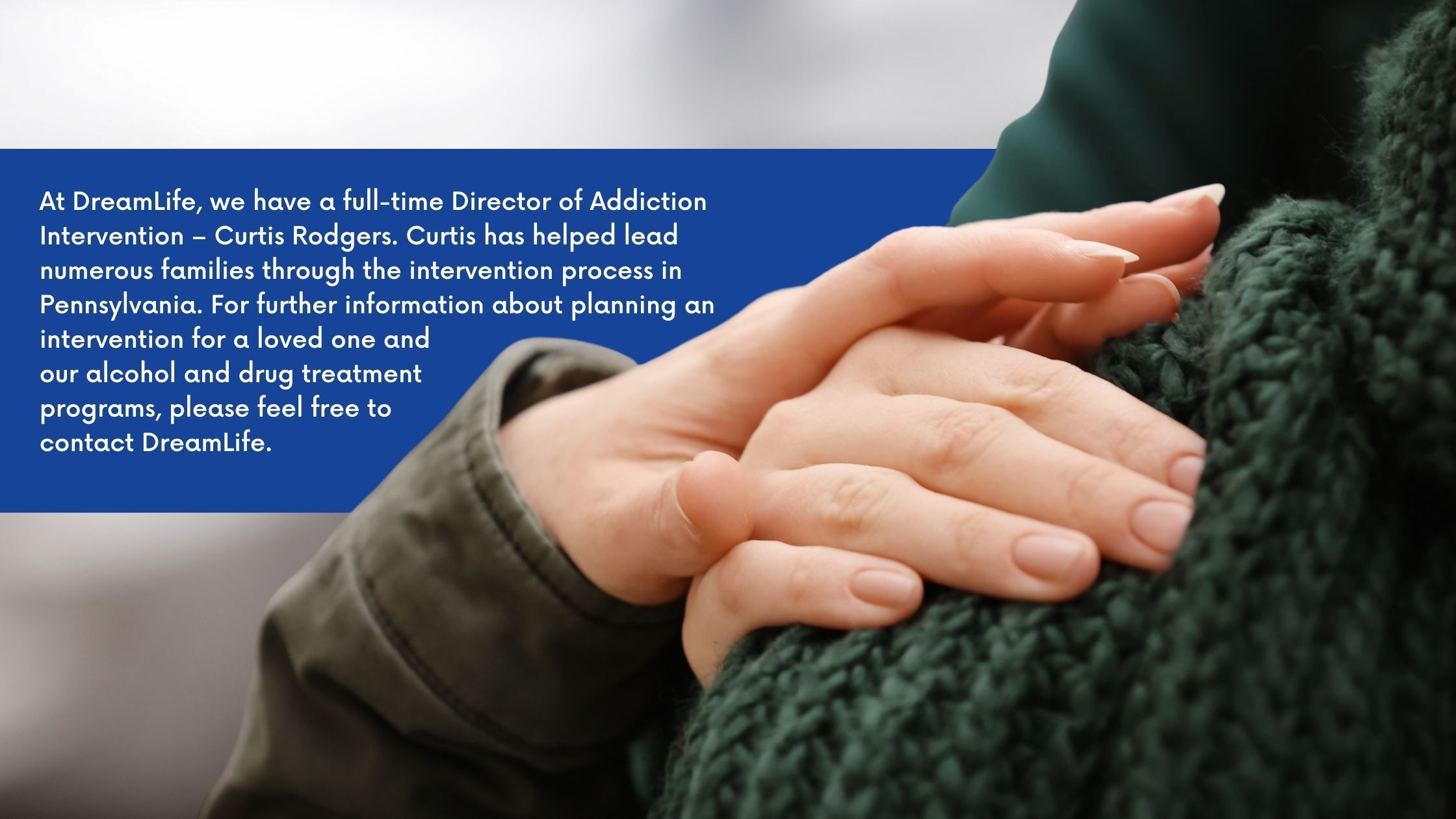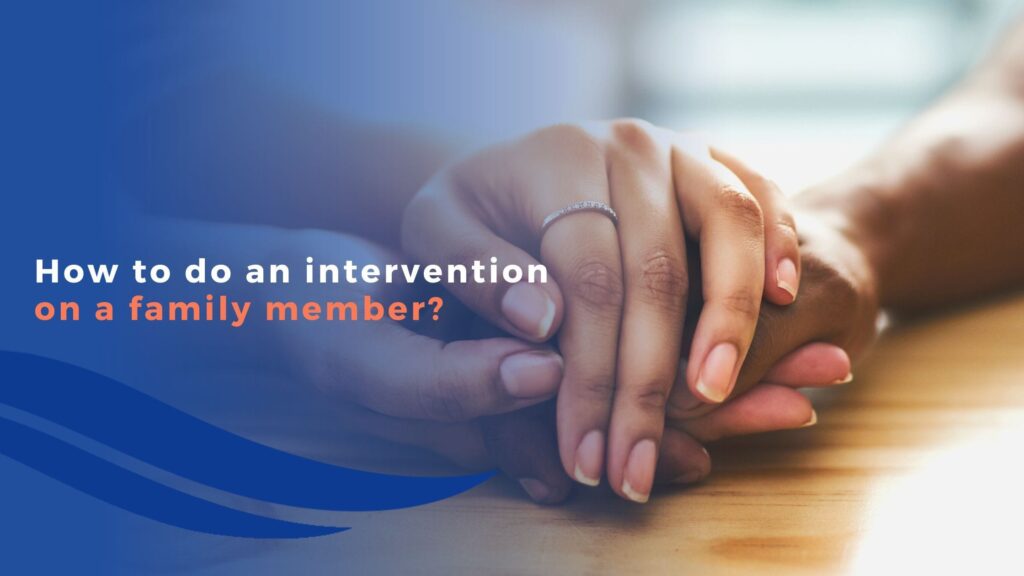When a family member is battling an addiction problem and you do not know what to do, an intervention might be the best approach. Intervention has proven quite effective in alerting loved ones suffering from addiction that things are not okay and that they are only hurting themselves and those around them.
You must also understand that no one knows exactly what people with active addiction go through unless they have lived through it themselves. This article explains how to do an intervention for a family member and convince them to get the professional addiction treatment they need.
The Intervention Process
Before commencing intervention for a loved one, you should first understand that you are not in their shoes, and they are not in yours. With that being the case, you can expect that the situation can get frustrating on both ends, especially when done the wrong way. There are dually aggravating factors to each party.
On the one end, the suffering family member might not want to listen to the intervention team. On the other hand, the intervention team might not completely understand the situation the sufferer is in. However, proper planning for intervention can change all that.
In the sections that follow, we are going to discuss the fundamentals of intervention, how to conduct one, and ultimately, what to keep in mind during the whole process. It is never an easy road, but if a loved one is addicted to alcohol or drugs, someone needs to step in before it’s too late.

How to Conduct Intervention for a Loved One
First things first, there is no one-size-fits-all approach to intervention. Every form of addiction is different and every addiction patient is equally different. There are many combinations of causes and effects for each addiction problem. Therefore, you need to learn and listen to what addiction treatment professionals have to say.
When planning to do an intervention, there are a few critical questions that you must ask yourself. The following question will help you determine whether you are ready to head an intervention for a family member:
- Can lay out the issues at hand effectively without enraging my loved one?
- Am I in a position to gather members of my loved one’s inner circle to help me?
- Can I follow through with this, even when faced with negative outcomes?
Although intervention might appear like a straightforward solution, you would be surprised by what you realize about the process after asking yourself these questions. The mental preparation needed before starting the intervention process can be taxing on your spirit and emotions, especially if you do not have an adequate understanding of the process.
Staging an Intervention for a Family Member
Staging an intervention for a member of your family will help them realize that there is a serious problem that needs immediate intervention. Below are the key factors that you need to consider for a successful intervention for a friend or loved one.
Bring in Members of Your Loved One’s Inner Circle
When planning for intervention, you should seek the help of those people close to the loved one you are trying to rescue from the jaws of addiction. Chances are that these friends have also noticed the signs that you have and are aware of the presence of addiction.
You will also encounter members of your loved one’s inner circle that you do not want to seek help from due to personal affliction. However, you must bridge such gaps and bring every member of their inner circle into the light to help with the intervention, for the sake of your loved one’s sobriety.
You should understand that these are people that your addicted family member holds dear and respects. Your suffering loved one values their opinions, and that might make all the difference when intervention commences.
Prepare Beforehand
When planning for an intervention for a family member, you must choose your words and actions carefully. You do not want your loved one to feel cornered or coerced to enter a rehab facility. Instead, you want to be impactful without scaring them away.
For the best outcome, prepare your intervention speeches in advance and speak in turns. If the event is starting to feel forced and your loved one starts rejecting what’s happening, taking turns might do more harm than good, so know when to change tact.
Research and Present a Treatment Plan
It is also important that you research addiction treatment centers near you. Different rehab facilities offer different treatment programs and approaches. You want to choose the best option for your loved one’s needs.
Coming together to tell a family member that they have a problem without offering a solution will not be enough to help them recover from their addiction. Have your resources ready before the intervention. It is also critical to have a plan on how to get the family member into treatment if they accept to seek help.
How will you pay for treatment? Will they enroll to an inpatient program or outpatient program? How will they be commuting to the facility and back home if they enroll in an outpatient program? Have these things figured out before intervention. The more detailed the plan, the better the chances of your loved one saying yes to treatment.
When to Seek the Help of Professional Interventionists
If your family intervention efforts have not yielded anything to convince an addicted loved one to seek help, you should consider hiring a professional interventionist. Interventionists are trained on dealing with people with active addiction who are in denial and they face these issues with passion.
They are well trained and have the skills and information needed to help your loved one admit that they have a problem that needs professional intervention. Interventionists can conduct the intervention at their offices or they can choose to do it in your home, depending on what they consider to be the best approach.
You can also invite a trained interventionist to be part of your family intervention team to help you stay on track when the intervention is being conducted. This will help you hit all the appropriate points without raw emotions clouding your judgment.
Get Addiction Treatment for Your Loved One Today
At DreamLife, we have a full-time Director of Addiction Intervention – Curtis Rodgers. Curtis has helped lead numerous families through the intervention process in Pennsylvania. For further information about planning an intervention for a loved one and our alcohol and drug treatment programs, please feel free to contact DreamLife at (844) 402-3592 today.







